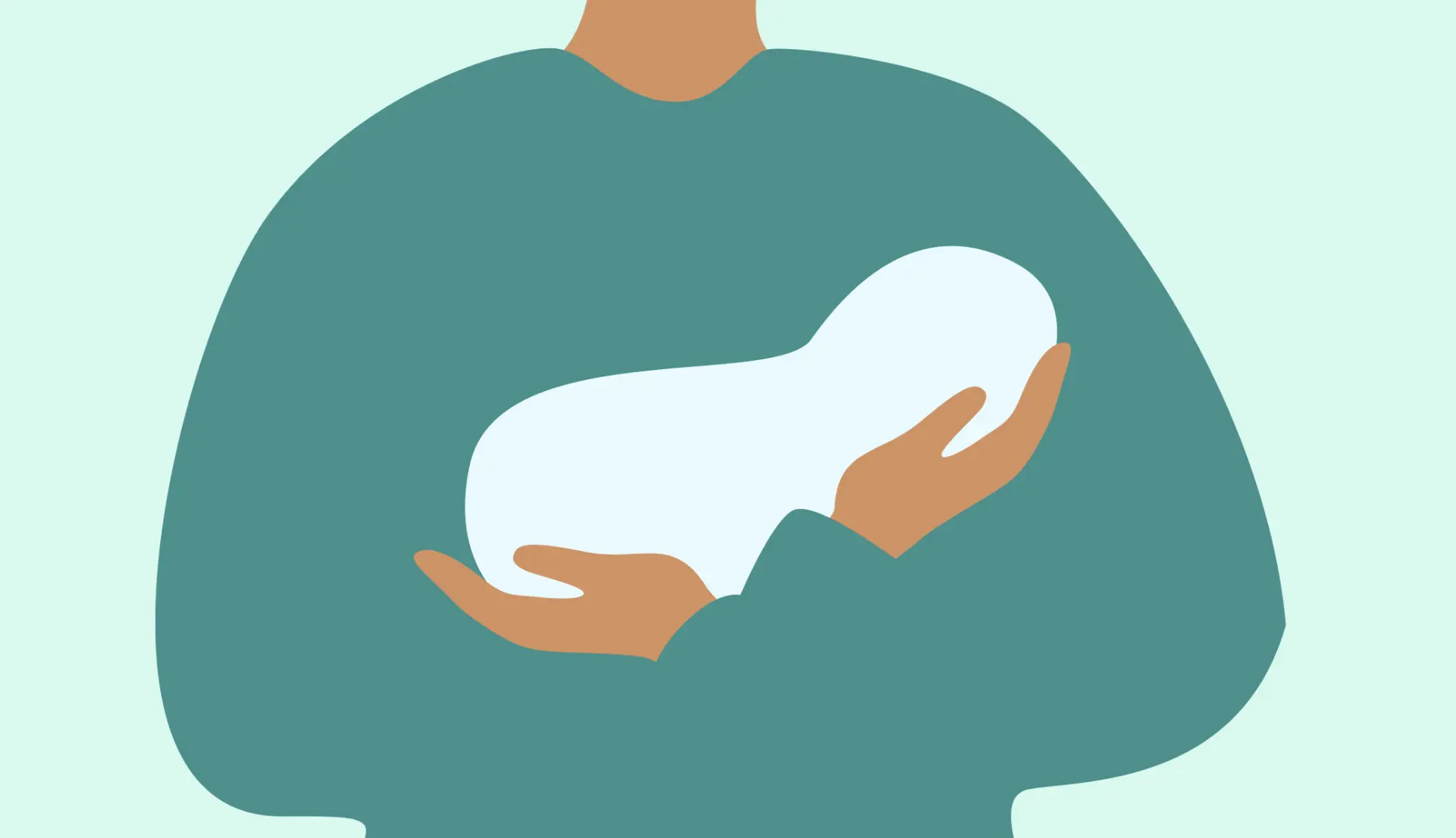
Navigating Postpartum Depression as a New Dad
A guide to navigating postpartum depression as a new dad, including tips for coping, communication, and self-care.
new dadpostpartum depressioncommunicationself-careBecoming a dad is supposed to be one of the most joyful times in a man’s life. It’s the start of a new chapter, filled with love, excitement, and the thrill of watching your little one grow. But what happens when that joy is overshadowed by something darker—something you didn’t expect and weren’t prepared for? That’s where I found myself just two months after my son was born. My wife, who had always been my rock, seemed to change overnight. Suddenly, we were arguing all the time, and I found myself feeling more distant from her than ever before.
If you’re a new dad going through something similar, I want to share my story with you. Not because I have all the answers, but because I’ve been where you are. And if there’s one thing I’ve learned, it’s that you’re not alone—and it’s okay to reach out for help.
Understanding Postpartum Depression: The Silent Struggle
Let’s start with what postpartum depression (PPD) actually is. You’ve probably heard the term before, maybe even brushed it off as something that only affects women. But the truth is, PPD is a serious mental health condition that impacts roughly 15% of new mothers. It’s not just about feeling a little down or overwhelmed—PPD can drastically alter a person’s mood, behavior, and ability to function. And it doesn’t just stop with mothers; research shows that about 10% of new fathers also experience depressive symptoms during the postpartum period.
The hormonal changes after childbirth are intense. Estrogen and progesterone levels drop sharply, which can lead to mood swings, anxiety, and depression. For women, these hormonal shifts are compounded by the physical and emotional demands of childbirth, sleep deprivation, and the enormous responsibility of caring for a newborn. And for us dads, watching our partners struggle while feeling helpless to ease their pain can be just as overwhelming.
My Personal Experience: The Emotional Rollercoaster
For my wife and me, things started to unravel shortly after our son was born. We’ve been married for ten years, and this is our first child. I knew things would change, but I wasn’t prepared for just how much. My wife became extremely protective of our son—to the point where it felt like paranoia. She would get angry at the smallest things, like the time she yelled at me in the store because I stepped away from the stroller for ten seconds to hand her the credit card. To her, I was putting our son in grave danger. To me, it was just a quick, harmless action.
These incidents became more frequent, and with each one, I felt us drifting further apart. I tried everything—talking to her calmly, getting angry, suggesting we go to the gym together, even offering to take over more of the baby’s care so she could rest. But nothing seemed to help. It felt like she was shutting me out, and no matter what I did, I couldn’t get through to her.
The Emotional Toll on Dads: The Unseen Burden
As dads, we’re often expected to be the strong, silent type—the one who keeps it together while our partners go through the emotional turmoil of new motherhood. But what happens when we start to crumble under the pressure? I was frustrated, angry, and feeling increasingly isolated. I started to question whether I was even attracted to my wife anymore, and that scared me.
Research shows that fathers of infants whose mothers suffer from PPD often report higher levels of stress and lower relationship satisfaction. It’s a vicious cycle: your partner is struggling, you’re struggling, and it feels like there’s no way out. And because there’s still a stigma around men’s mental health, many of us suffer in silence, thinking that we just need to tough it out.
Communication Strategies: Finding a Way Through the Fog
So how do you communicate with a partner who’s going through PPD? It’s not easy, but it’s crucial. Studies have shown that effective communication—especially nonviolent communication—can significantly reduce conflict and improve relationship satisfaction.
One of the most important things I learned was the power of active listening. It’s not enough to just hear what your partner is saying—you need to really listen, without judgment, and validate their feelings. This doesn’t mean you have to agree with everything, but acknowledging their emotions can go a long way in easing tension. Setting aside time for calm, focused discussions where you both can express your needs and concerns is also vital. It’s about finding a balance between being firm in your own feelings and compassionate towards your partner’s struggles.
Coping Mechanisms for Dads: Surviving the Storm
While it’s essential to support your partner, you also need to take care of yourself. Self-care isn’t just a buzzword—it’s a lifeline. Studies have shown that regular exercise can reduce symptoms of depression by up to 30%. So, even if it’s just a quick jog or a few minutes of stretching at home, find a way to move your body. It’s not just about staying physically fit; it’s about giving your mind a break from the constant stress.
Social connections are another critical factor. Whether it’s talking to a close friend, joining a support group, or just getting out of the house for a bit, maintaining those connections can provide much-needed relief. Research has shown that strong social support can act as a buffer against stress and improve overall well-being.
Seeking support from family members can be a valuable resource for new parents dealing with postpartum depression. Having a strong support system can alleviate stress, provide practical assistance, and offer a sense of community. Encourage your partner to reach out to trusted family members or friends who can offer emotional support and understanding. Family members can help with tasks like meal preparation, cleaning, or childcare, allowing your partner to rest and focus on their mental health. Spending quality time with loved ones can also boost mood and provide a much-needed break from the daily challenges of parenting. If you live far from family, consider organizing video calls or arranging for family members to visit for a period of time. Remember, it takes a village to raise a child, and seeking support from loved ones is a sign of strength, not weakness.
Effective communication is also crucial when navigating postpartum depression as a couple. It's important to approach your partner with empathy and understanding, acknowledging that they are going through a challenging time. Active listening is key – make eye contact, put down your phone, and focus on what your partner is saying. When expressing your own feelings, use "I" statements to avoid blame and escalating conflicts. For example, say "I feel frustrated when..." rather than "You make me feel..." Set aside dedicated time for calm discussions about your feelings and needs, free from distractions or interruptions. This allows you both to share openly and work together to find solutions. Remember, communication is a skill that takes practice, especially during stressful times. Be patient with each other and keep an open dialogue.
Seeking Professional Support: You Don’t Have to Do This Alone
Seeking professional help is one of the most important steps in overcoming postpartum depression. Both partners should be involved in the process, as PPD affects the entire family. If your partner is reluctant to seek help, gently encourage them by explaining that it's not a sign of weakness, but rather a courageous step towards healing. Provide resources for finding therapists or support groups that specialize in postpartum issues.
Organizations like Postpartum Support International offer online support groups, helplines, and referrals to local providers. Couples counseling can also be incredibly beneficial in navigating the challenges of PPD together. A therapist can help you communicate more effectively, develop coping strategies, and strengthen your relationship.
Remember, you don't have to face this alone. Seeking professional support is a sign of strength and a commitment to your family's well-being.
Hope for the Future
If there’s one thing I want you to take away from this, it’s that you’re not alone. Postpartum depression is a common challenge, but it doesn’t have to tear your family apart. By seeking help, communicating effectively, and taking care of yourself, you can weather this storm and come out stronger on the other side.
Remember, it’s okay to ask for help. It’s okay to feel frustrated, angry, or scared. And it’s okay to take care of yourself while you’re taking care of your family. With understanding, support, and a little patience, you can navigate this difficult time together—and emerge stronger, both as a couple and as a family.
Explore & Read More Blog Articles
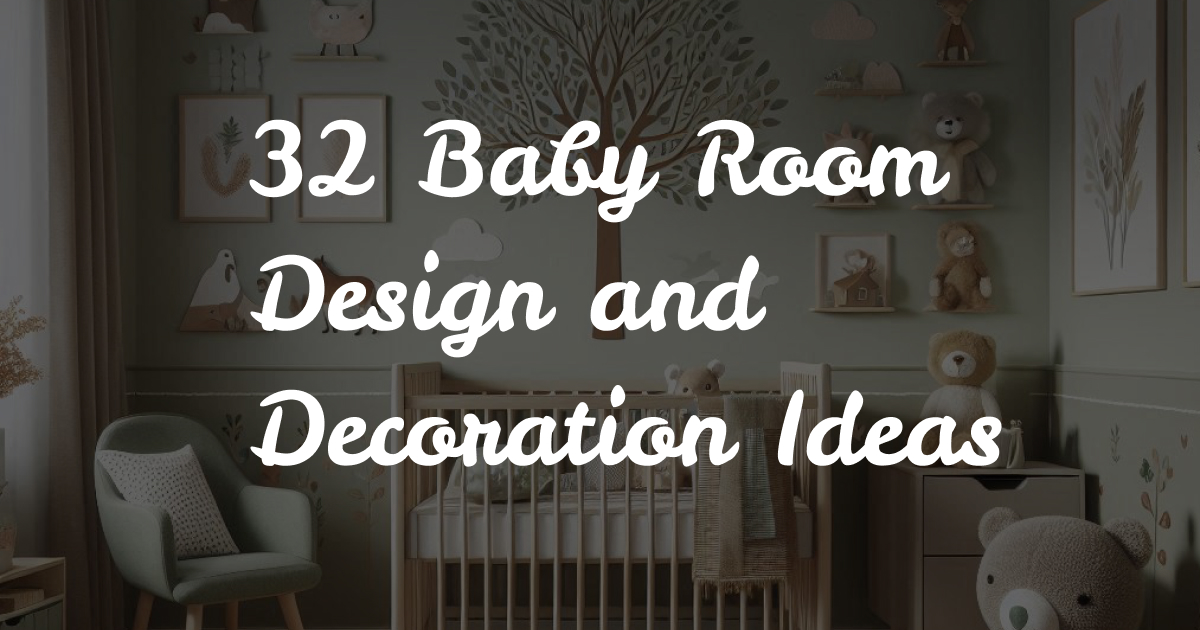
32 Baby Room Decor Ideas
A collection of 32 creative ideas for your baby's room. Get inspired by these design ideas and create your own room.
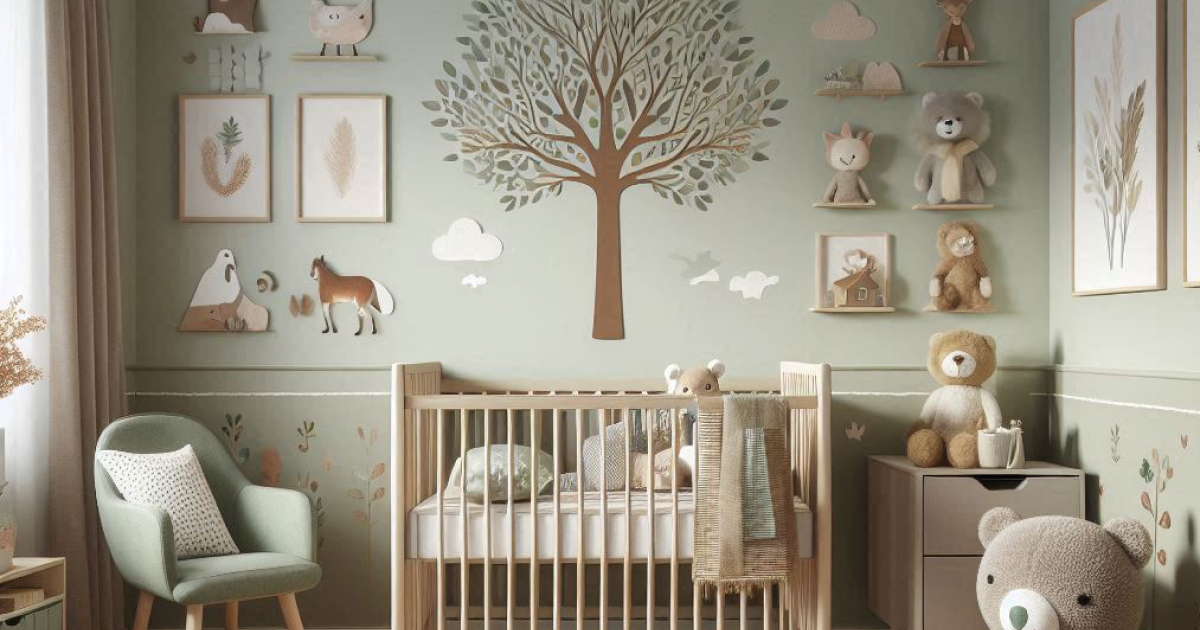
The Guide to Creating the Perfect Nursery
As you eagerly await your little baby's arrival, one of the most exciting tasks on your to-do list is creating their very own room / nursery.

Navigating Postpartum Depression as a New Dad
A guide to navigating postpartum depression as a new dad, including tips for coping, communication, and self-care.
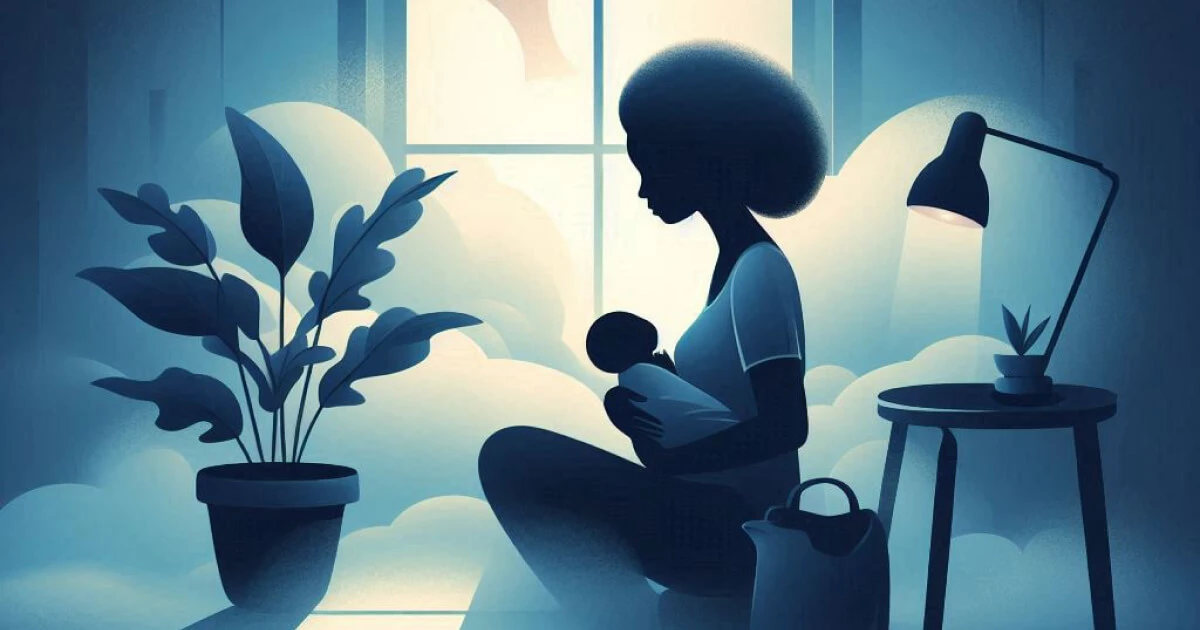
Postpartum Depression: Signs, Symptoms, and Seeking Help for New Moms
Discover the signs and symptoms of postpartum depression, understand the difference between baby blues and PPD, and learn how to seek help
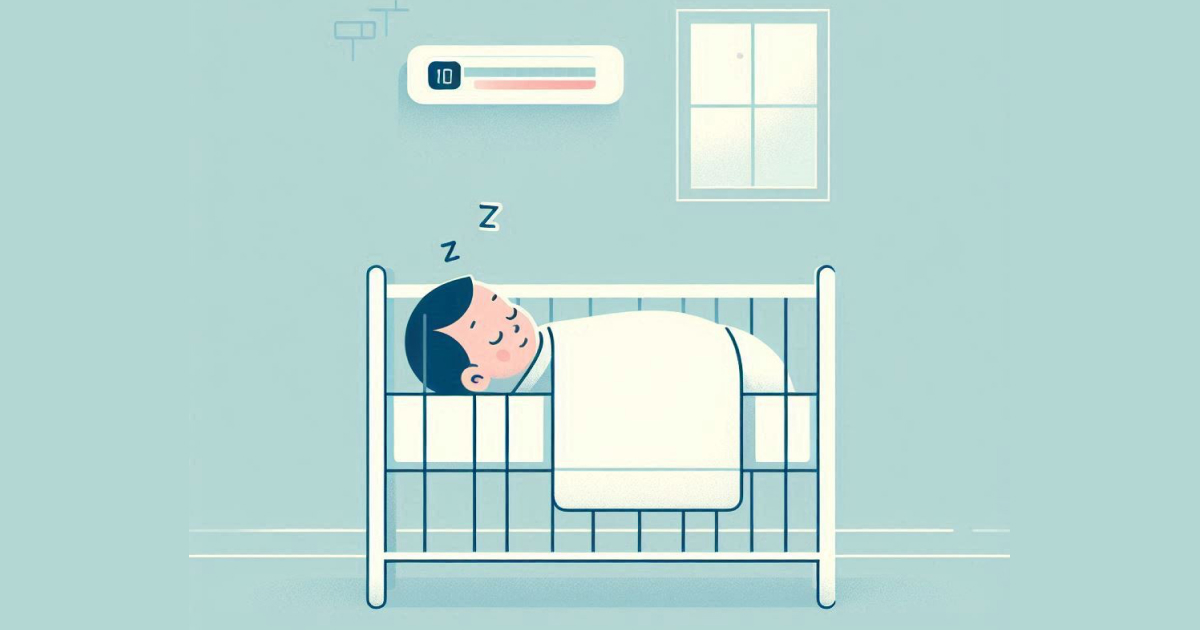
How To Dress Your Baby for Sleep
A story of sleepless nights, the nighttime temperature struggle, and how to dress your baby for sleep.
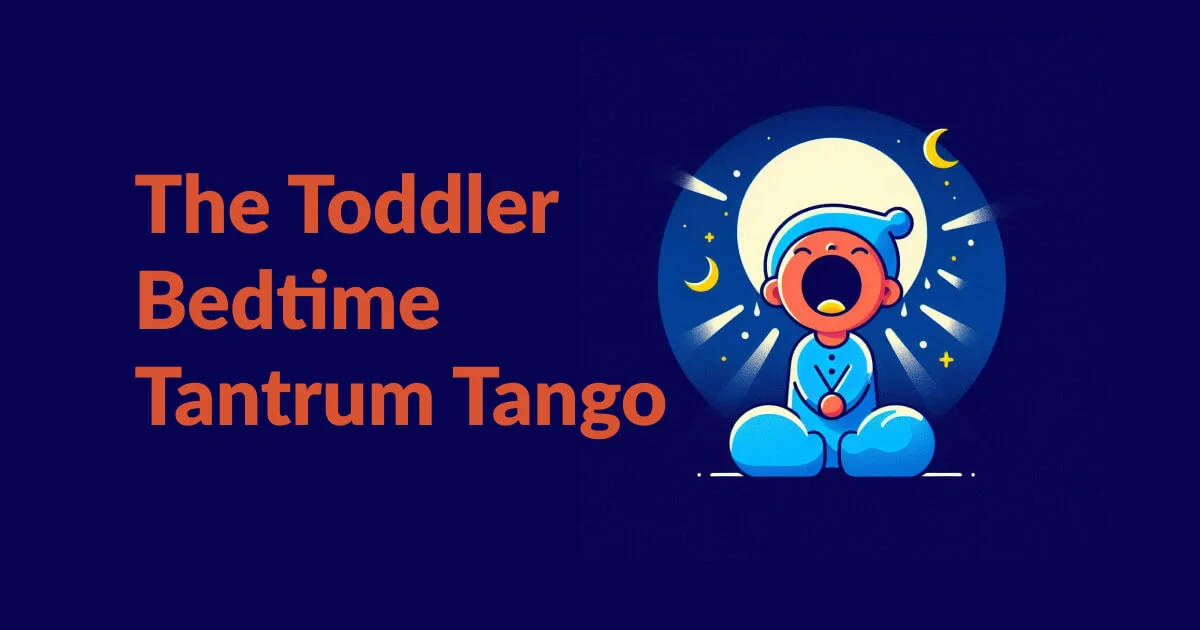
Why Do Toddler Tantrums Happen?
This guide is your roadmap to conquering those nightly meltdowns and reclaiming your sanity. The Toddler Tantrum Tango: A Nightly Struggle.
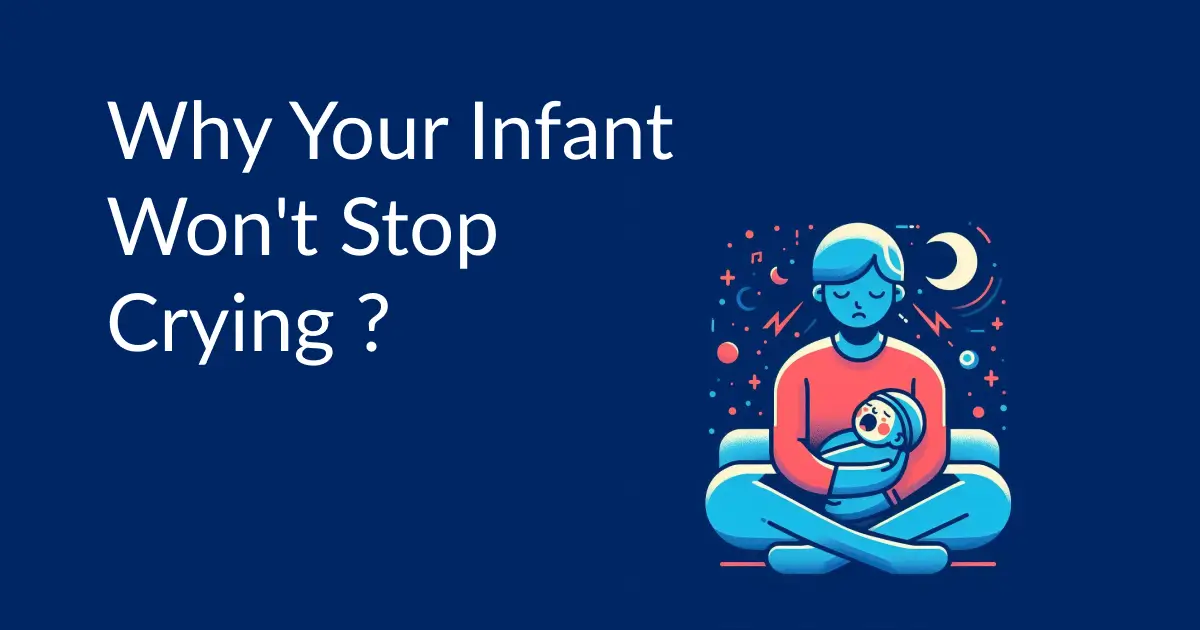
Why Your Infant Won't Stop Crying?
A guide to help you understand why your newborn cries non-stop at night and how to soothe them.
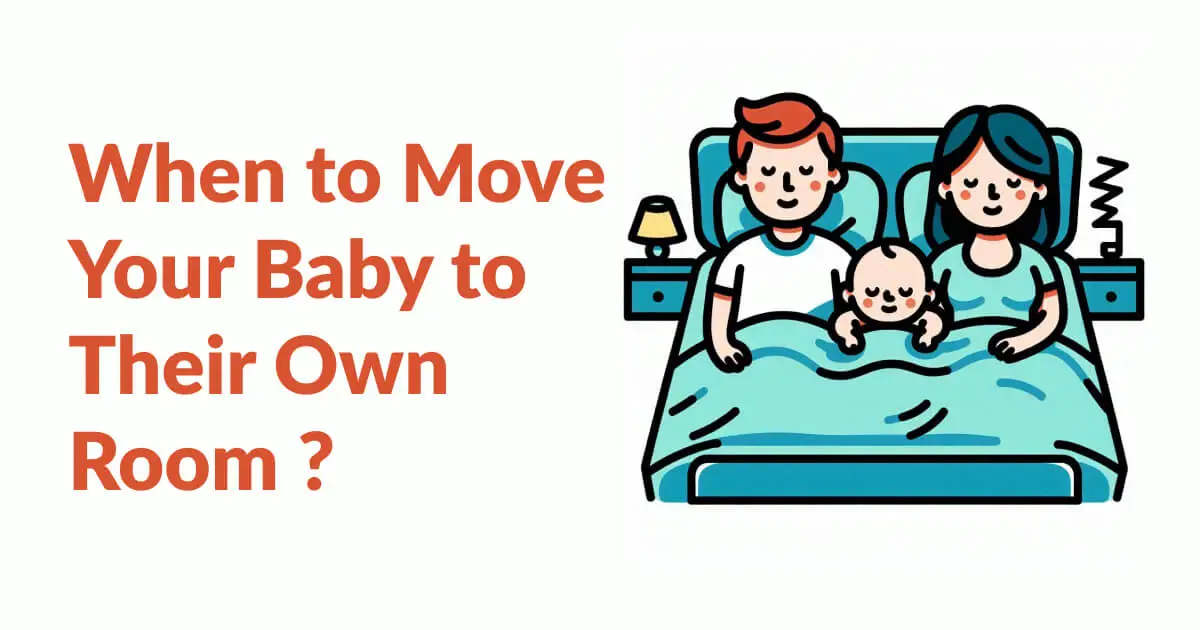
When to Move Your Baby to Their Own Room ?
Let's break down the facts and explore the pros and cons of room sharing versus independent sleep, so you can make an informed decision that works best for your family.